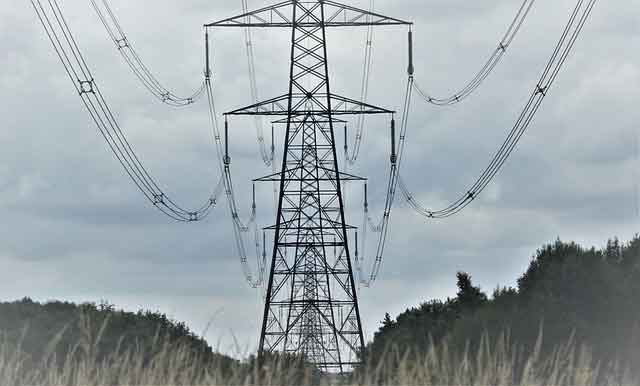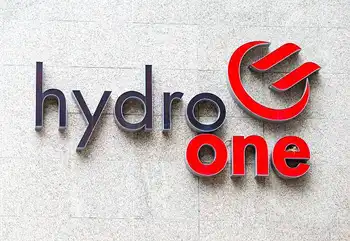Japan business lobby to oppose climate target
Business lobby Keidanren is keen to dissuade incoming Prime Minister Yukio Hatoyama from referring to a midterm target of 25 percent cuts at a UN climate change conference in New York on September 22, the Yomiuri newspaper said.
"It will be taken as a commitment and will put Japan in a disadvantageous position," the paper quoted a senior Keidanren official as saying.
A Keidanren spokesman declined to comment on the report.
Japan, the world's fifth-largest greenhouse gas emitter, is under pressure for a more aggressive climate policy as it seeks to play a bigger role in UN-backed climate talks in Copenhagen in December.
The Copenhagen talks will try to work out a new agreement on reducing emissions to succeed the current Kyoto Protocol, the first phase of which ends in 2012.
In its election manifesto, Hatoyama's Democratic Party of Japan (DPJ) promised to target a 25 percent cut in greenhouse gas emissions by 2020 compared with 1990 levels, a more ambitious target than the 8 percent the previous government had set.
Hatoyama has yet to make clear whether he would explain the target at this month's UN conference.
"The idea is of course part of our fundamental thinking, so I don't intend to change it substantially," he told reporters shortly after his party's weekend election win.
"But the content (of my speech) is something we will decide later."
Hatoyama faces resistance from industry groups as Japan struggles to shake off a deep recession.
The auto industry lobby said that it was concerned about the feasibility of the Democrats' target, while a power industry group said the target was "extremely tough."
Keidanren plans to include the issue in a package of policy demands to be submitted to the Democrats on September 14 and to step up negotiations with the party on the issue, the Yomiuri paper said.
Analysts doubt Hatoyama will back down from the emissions target after it was featured in the Democrats' campaign platform, but some are skeptical of the new government's ability to implement an array of promised green policies.
To reduce emissions, the party plans to create a domestic emissions trading market with compulsory volume caps on emitters and introduce a "feed-in" tariff for renewable energy to help expand capacity for clean energy sources, among other measures.
"The Democrats will be in a better position than the outgoing party in implementing measures such as the feed-in tariff and a gasoline tax because it will be free of ties to industry," said Yasushi Setoguchi, deputy general manager of environment, natural resources and energy at Mizuho Information & Research Institute.
"But it'll be harder to push through policies such as emissions trading, because it will be difficult to set caps."
Related News

Solar-powered pot: Edmonton-area producer unveils largest rooftop solar array
EDMONTON - Electricity consumption is one of the biggest barriers to going green in the cannabis industry, but an Edmonton-area pot producer has come up with a sunny solution.
Freedom Cannabis unveiled the largest rooftop solar system used by a cannabis facility in Canada at its 126,000-square foot Acheson location, 20 kilometres west of Edmonton, on Tuesday.
The "state-of-the-art" 1,830-kilowatt solar array—made up of 4,574 panels—was supplied by Enmax and will offset more than 1,000 tonnes of greenhouse gas emissions each year, the company said.
The state-of-the-art solar array—made up of 4,574 panels—was supplied by Enmax and will offset more than 1,000 tonnes…




